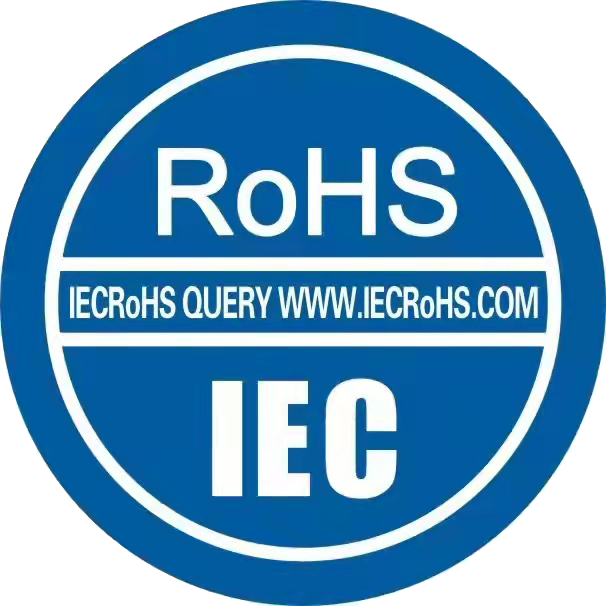SGS Test Report: What You Need to Know
When it comes to quality assurance, safety, and compliance, the SGS test report is a globally recognized document that provides critical insights into product performance and regulatory adherence.
Whether you’re a manufacturer, importer, or consumer, understanding the significance of an SGS test report can help you make informed decisions and ensure compliance with international standards.
What Is an SGS Test Report?
An SGS test report is an official document issued by SGS, a leading inspection, verification, testing, and certification company.
This report provides detailed analysis and verification of a product’s compliance with specific industry standards, safety regulations, and performance benchmarks.
From electronics and textiles to food and chemicals, SGS test reports cover a wide range of industries, ensuring that products meet legal and quality requirements.
Why Is an SGS Test Report Important?
An SGS test report serves as a trusted proof of quality and compliance, helping businesses gain market access and consumer trust.
For manufacturers, obtaining an SGS test report can streamline the export process by demonstrating adherence to international regulations such as REACH, RoHS, and ISO standards.
Consumers also benefit from SGS test reports, as they provide assurance that the products they purchase are safe, reliable, and free from harmful substances.
How to Obtain an SGS Test Report
To obtain an SGS test report, businesses must submit their products to an SGS laboratory or testing facility for evaluation.
The testing process typically involves sample collection, laboratory analysis, and a comprehensive review of the product’s compliance with relevant standards.
Once the testing is complete, SGS issues a detailed report outlining the findings, which can be used for regulatory submissions, marketing, and quality assurance purposes.
Understanding the Components of an SGS Test Report
An SGS test report includes several key sections, such as the product description, test methods, results, and compliance status.
The report may also contain information about the testing laboratory, accreditation details, and any limitations or disclaimers related to the findings.
By carefully reviewing these components, businesses and consumers can gain a clear understanding of the product’s quality and regulatory standing.
Common Industries That Require SGS Test Reports
SGS test reports are widely used in industries such as electronics, automotive, food and beverage, textiles, and toys.
For example, electronic products often require SGS testing for electromagnetic compatibility (EMC) and hazardous substance restrictions (RoHS).
Similarly, food products may undergo microbiological and chemical testing to ensure safety and compliance with international food safety standards.
About SGS: A Global Leader in Testing and Certification
SGS, formerly known as Société Générale de Surveillance, is a multinational company headquartered in Geneva, Switzerland.
Founded in 1878, SGS has grown to become the world’s leading inspection, verification, testing, and certification company, with operations in over 140 countries.
The company provides a wide range of services, including quality control, environmental testing, product certification, and supply chain auditing, helping businesses meet regulatory and market demands.
Conclusion
An SGS test report is an essential tool for businesses and consumers alike, offering reliable verification of product quality and compliance.
By understanding the importance of these reports and how to obtain them, stakeholders can ensure safer, higher-quality products in the global marketplace.
Disclaimer
The information provided in this article is for general knowledge purposes only and does not constitute professional advice.
While every effort has been made to ensure accuracy, SGS, the author, and the publishing platform assume no responsibility for any errors or omissions.
Readers are advised to consult official SGS documentation or seek professional guidance for specific testing and certification needs.
This article is intended for educational purposes, and neither SGS nor the author shall be held liable for any actions taken based on the content herein.

